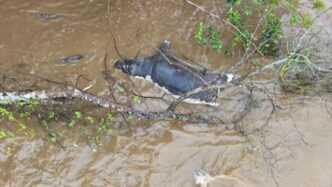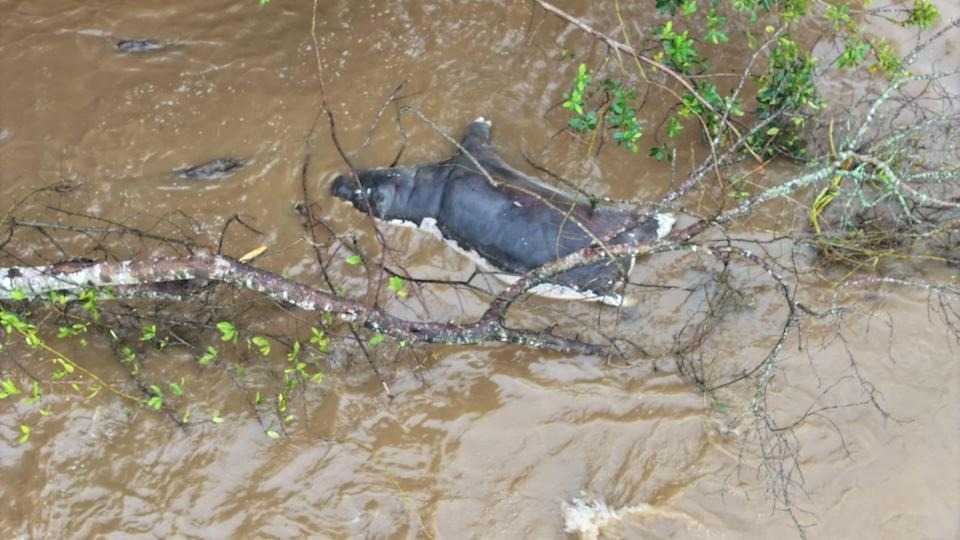A deadly anthrax outbreak has struck Virunga National Park in the Democratic Republic of Congo (DRC), killing over 50 hippopotamuses and triggering a wave of concern among conservationists and public health officials. The outbreak, confirmed by park authorities, is believed to be caused by Bacillus anthracis, a highly infectious bacterium that can survive in soil for decades and affects both wildlife and humans.
Virunga, Africa’s oldest national park and a UNESCO World Heritage site, is home to some of the continent’s most iconic wildlife, including endangered mountain gorillas. The death of so many hippos in such a short span has not only disrupted the ecological balance but also poses a significant health risk to local communities that rely on the park’s resources for fishing, agriculture, and tourism.
The anthrax outbreak comes at a time when the park is already grappling with insecurity, poaching, and the effects of climate change. Conservation groups have ramped up surveillance and containment efforts, including isolating affected zones, safely disposing of carcasses, and deploying veterinary teams to monitor potential spread.
Health authorities are urging local residents and park staff to avoid contact with animal carcasses and to report any symptoms of fever, skin lesions, or respiratory distress—common signs of anthrax in humans.
As one of Africa’s ecological crown jewels battles a dual crisis of disease and insecurity, the anthrax outbreak in Virunga National Park is a sobering reminder of how environmental health is deeply intertwined with human safety. Strengthening disease surveillance and conservation funding is now more critical than ever to protect Africa’s rich biodiversity—and the people who depend on it.
Read also: Togo’s Giant Puppets Return: Dogbe Leads














